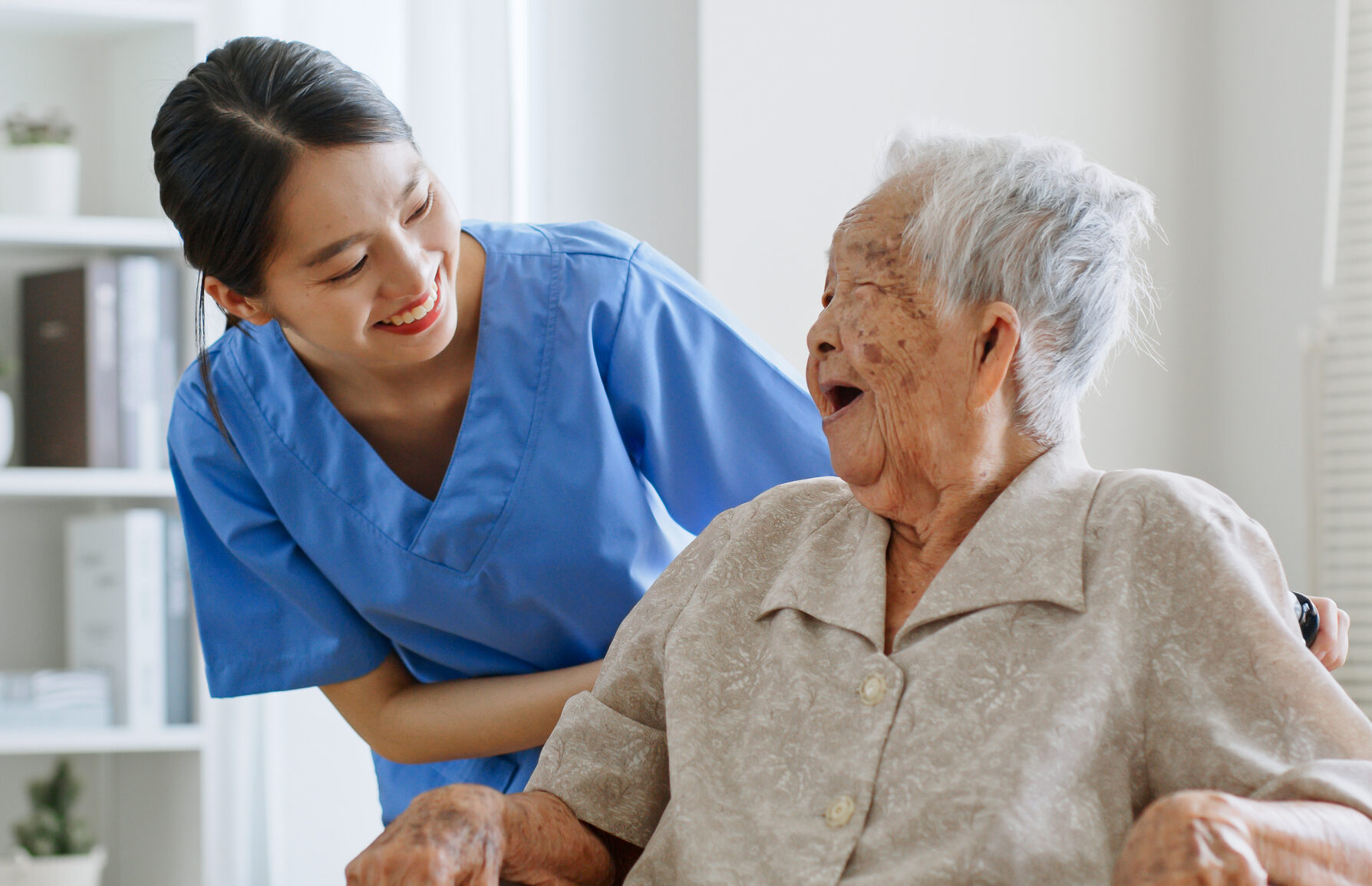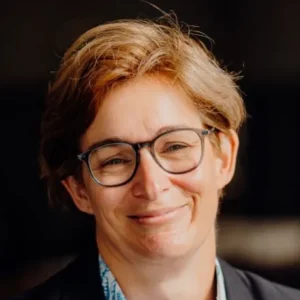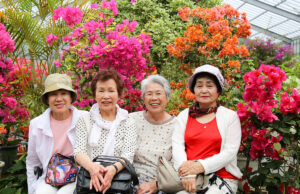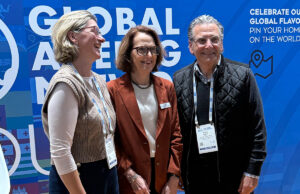Global Ageing Network members joined together on October 25, 2023, to learn about and discuss effective approaches to caregiving. Speakers from South Africa and India shared about the challenges and innovations of their communities in supporting older adults and those who care for them.
Limited Caregiver Resources in South Africa
Elena Moore, research professor from the University of Capetown, provided an overview of the care of older persons in southern Africa. The 60+ population in sub-Subharan Africa is increasing at a more rapid rate than any other region of the world and 52% of older people in South Africa live in households with no one employed, and the older adults in poor health. Further, the number of home-based care workers is limited and the employment position is often ambiguous. There are few community or health-related resources, information, and/or training for family caregivers.
Moore outlined a list of recommendations from the “Funding Elder Care Provision in South Africa Report,” which urges financial support at the community level to include more health services to meet the needs of older persons and their caregivers. The report also emphasizes the importance of greater collaboration across state departments and agencies. Moore highlighted the need for clear information on geriatric care and improved communication and cooperation between health care workers and family caregivers.
Vriddha Mitra Program in India
Dr. Benazir Patil of the Society of Community Health Orientated Operational Links (SCHOOL) in India shared about a successful community program to support older persons. As a 75-year-old nation, India’s population projections indicate it already has 30 million individuals who are 75 years or older. The program, called Vriddha Mitra, or Friends of Older People, aims to understand the socio-cultural, economic, and psychological challenges older people face in their day-to-day life.
Vriddha Mitra focused on building an age-friendly ecosystem for the elderly population in India. The program began with two slums in Pune city in January 2019—and now reaches over 33,000 elders in 144 slums in Mumbai, Bhopal, and Gwakior districts. Each elder is registered through the mobile app-based format called “Saving Life Checklist,” which captures demographic information and the WHO Quality of Life 6 domains.
Community health workers perform a variety of activities that ensure the physical and emotional well-being of older persons, as well as provide connections with national, state, and local governments, and foster the creation of peers and volunteers in the community. Caregivers and companions of elders participate in a Vriddha Mitra course which effectively builds a pool of young professionals who are positioned to have a career in mentoring caregivers. The course also ensures a return on investment by reducing the cost incurred for health and social care, while also ensuring healthy ageing and reduced social burden for the community.
Trained youths are placed in the field to deliver services and create awareness in the community. They are continuously mentored and their capacities are strengthened for a clear pathway to growth and development. Each home visit provides elders a continuum of care with a physical and mental well-being review, and the opportunity to address any environment, behavioral, or social challenges they face. The program is also looking at starting short-term group-based programs (i.e., jewelry-making, cloth bag-making) to ensure elders can experience the excitement of learning something new.
The Vriddha Mitra + program was also spearheaded to reach elders in residential areas and provide affordable care and support. The impact of the program has established social support structures in the community, independence in the elders, and an attitudinal change in the elder and their families. They have witnessed increased support from different governmental departments and received municipal cooperation.
The program is proof that it only takes a few dedicated individuals to make an impact.





